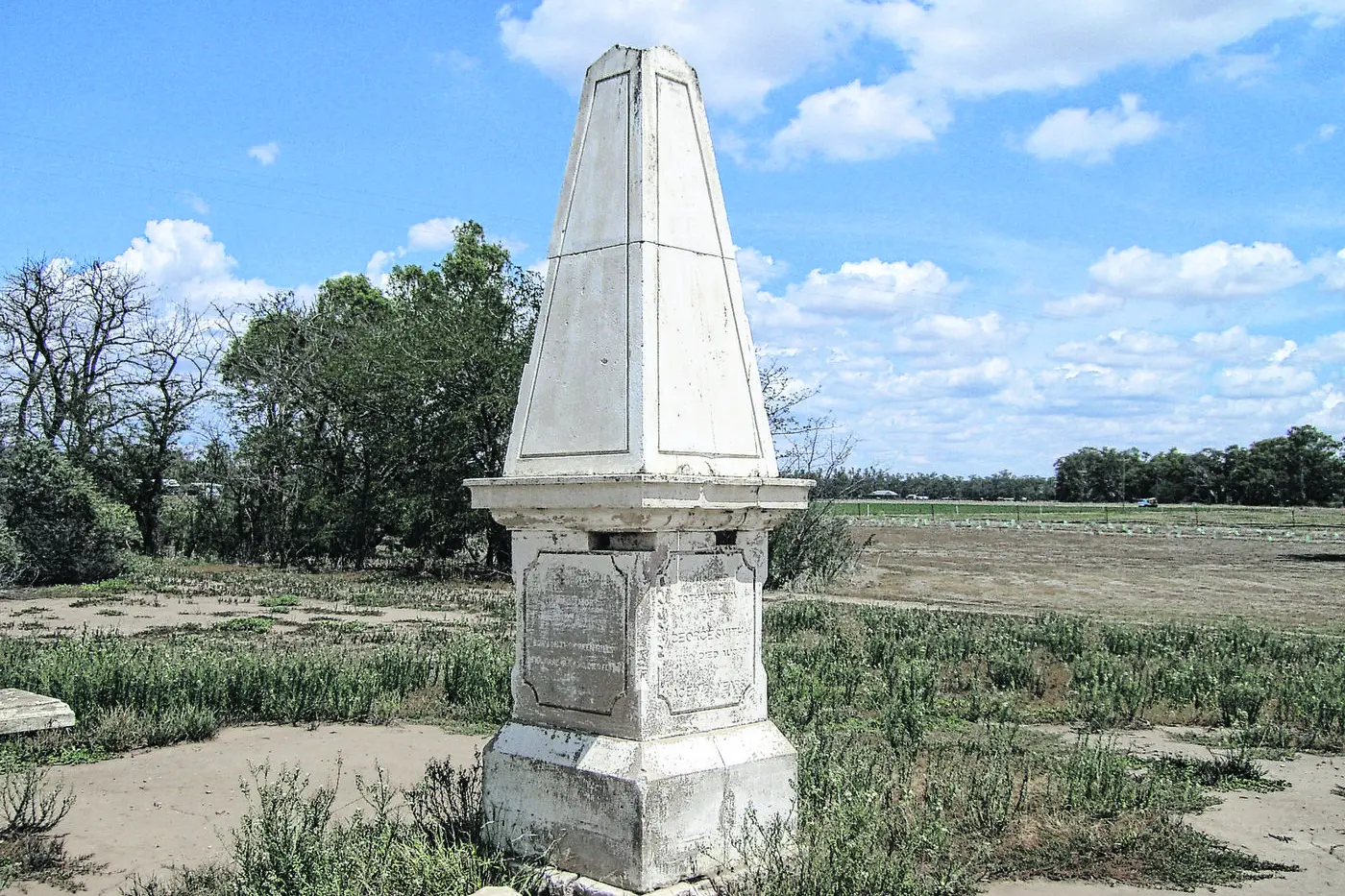PHOTO
By Brent Richards (descendant).
Following on from Part 1 of our story in last week's Dubbo Photo News: The question of who, amongst these men, “founded Dubbo” is rather amusing for, in a sense, Dubbo “found” them!
Prior to their arrival, there already was (and still is) the Wiradjuri peoples, then explorers like John Oxley in 1818, then, later, pastoralists such as G.T. Palmer, and Robert Dulhunty, a wealthy colonist who established and named the grazing property Dubbo.
Then there were the drovers, the constabulary, and many more unsung heroes! For they are part of the many who forged Dubbo, which was, is, and always will be, a quintessential town of the Australian bush.
Life was a bit lonely in the Central West of the 1820s, and Dusty loved a good old “Dubbo Crowd” (two people, maybe more), happy to play up and be his eccentric self, shadowboxing facetiously in front of pugilistic demonstrations, foot-racing men half his age – and half his wiliness – for a cheap bet, poking harmless fun at the sincerity of solemn-sounding politicians pleading platitudes on the hustings, and so on.
In Dusty Bob and his ilk, would emerge that great Australian character, the larrikin battler: rugged, pragmatic, self-deprecating, irreverent.
If you wanted a cure for a hangover, Dusty had it... a basin full of salmon and pickles, or tins of oysters and Worcestershire sauce. Dusty though did occasionally indulge in a contemplative side, donating to the building of the present Catholic Church, though it was not his faith. In 1869, he quipped about the meaning of life and death and yet, only a few days later, found himself jumping from a bolting horse and buggy which careered around the streets of town (past the Commercial Hotel, zipping west along Wingewarra Street, then wheeled north around Macquarie Street).
He succumbed to the fall, passing away at the Royal Hotel, and was buried on a cold Christmas morning at the Pioneer Cemetery near Butlers Falls.
Dusty Bob left behind handsome children by his beautiful wife Mattie, a Koori woman of the district, of whom comparably very little is known, sadly. In Sydney in 1870, 'The Empire' newspaper remembered him fondly as “one of the most remarkable men Australia has ever known”. Later, 'Robbery Under Arms' author Rolf Boldrewood, whilst magistrate in Dubbo, became acquainted with and alluded to the stories of Dusty Bob in his famous novel.
There was more to Dusty Bob – to all of our ancestors – than lies in the written word, but in this short space, this will have to do. Of course, there is no mention of Dusty in the town or at the local museum; that is the way of things, the lot of the bush larrikin, the heart and soul and guts of the bush. But I think, that is just how he would have liked it.

